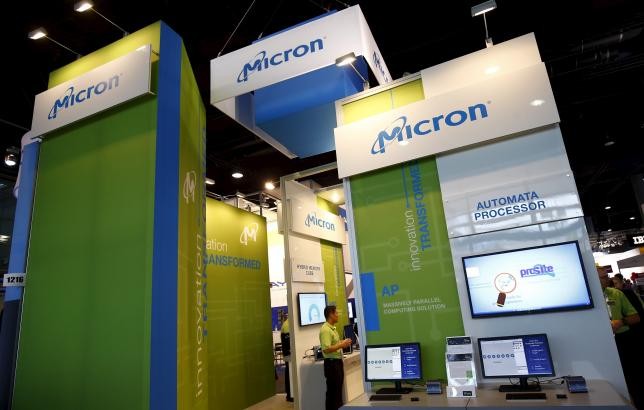Global price war and micro chip oversupply could be possible should a state-backed Chinese entity successfully acquire U.S.-based Micron Technology, the world's number three memory chip producer.
The global memory chip industry is currently valued at $80 billion and dominated by Japan's Toshiba Corp., South Korea's Samsung Electronics and SK Hynix, and Micron.
"When a new player enters the market who says it's OK not to make money, no good can come from it," Nomura-affiliated industry analyst C.W. Chung said, referring to the news about China's Tsinghua Unigroup Ltd.'s offer to buy Micron for $23 billion.
Despite the global price war possibility, the report is a good news for mobile devices consumers as cheaper chips will then be passed downstream.
Worldwide, the chip industry has seen satisfactory profit growth during the recent years, as the products are concentrated on a small group of suppliers that are able to monitor supply growth. This comes amid volatile boom and bust cycle.
For the dynamic random access memory (DRAM) chips market, around 70 percent is cumulatively controlled by Samsung and Hynix. Meanwhile, the market for flash-type memory chips is controlled by Samsung and Toshiba, with a 53-percent share, followed by SanDisk Corp. and Micron.
For Korea Investment analyst Jay Yoo, "the bigger worry for the market right now is the risk of market oversupply. Micron hasn't been that aggressive in capital expenditure, but there's greater uncertainty as to what happens after a Chinese buyer takes over."
Yoo predicts that "capital expenditure could increase," hence concerns about this issue are being reflected.
Back in 2007, when Micron acquired Hynix and Elpida, DRAM chips supply ballooned by up to 89 percent, squeezing out smaller players. But this has eased since then and by 2013, the supply growth was only 19 percent.




























